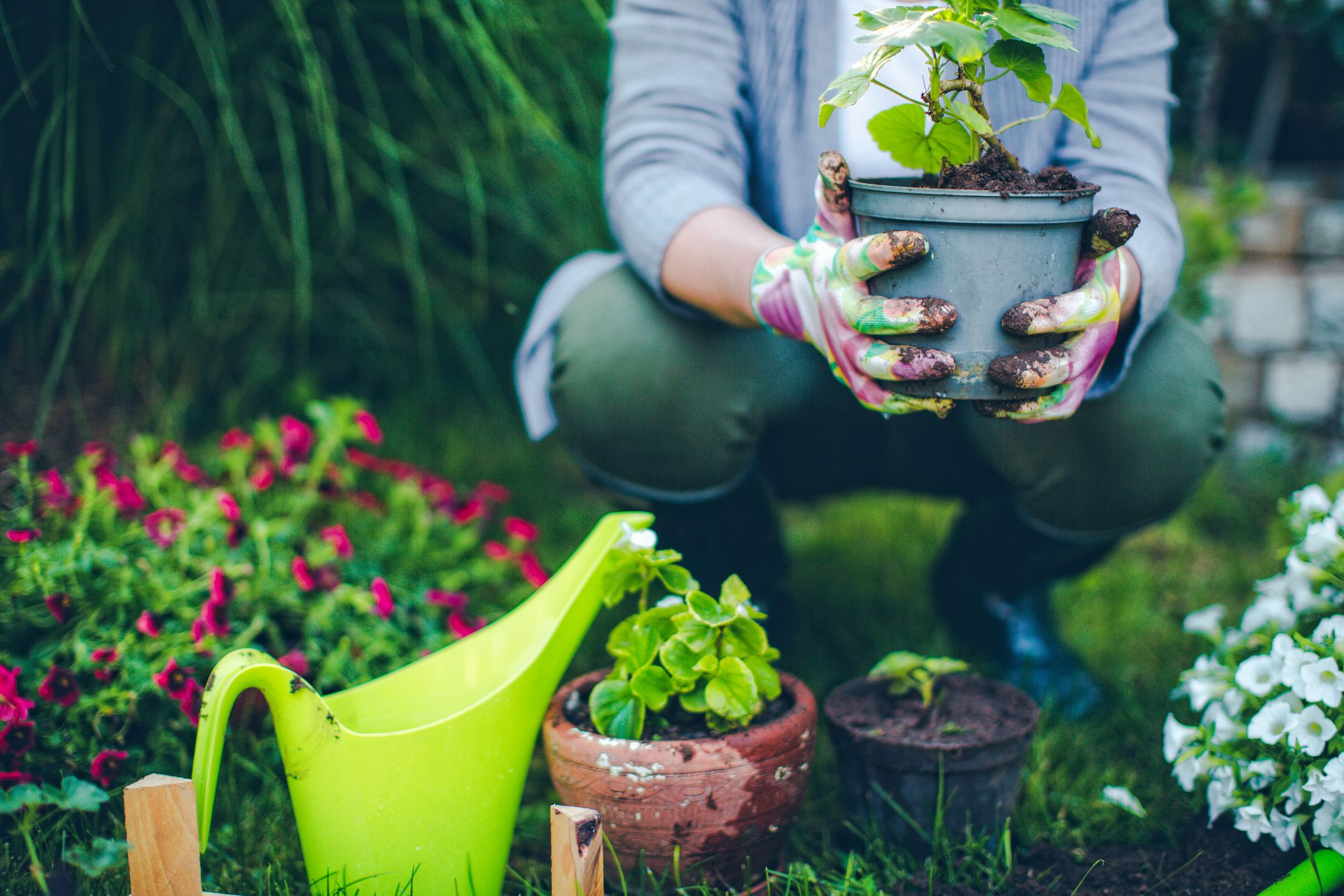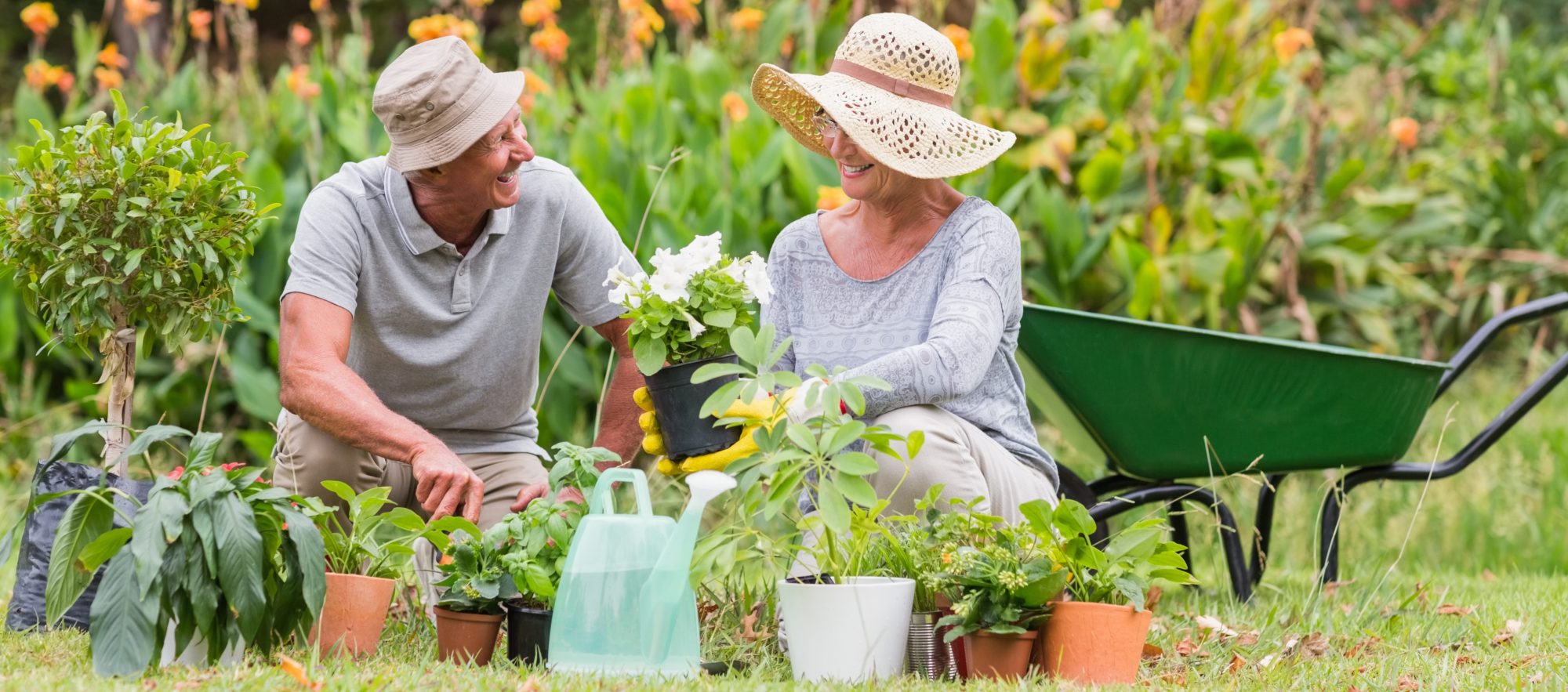Opening the Perks of Horticulture: A Thorough Take A Look At the Various Types and Their Influence On Wellness
Checking out the multifaceted benefits of gardening reveals a spectrum of techniques that considerably boost individual well-being. From veggie and natural herb yards to container and elevated bed configurations, each type offers distinctive advantages that expand past simple growing. These activities not only foster physical health with energetic involvement yet likewise contribute to mental health by minimizing stress and motivating mindfulness. As we analyze these varied horticulture techniques, it becomes apparent that their impact can reverberate on personal, social, and environmental degrees, triggering a closer look at just how these links develop a cohesive narrative of holistic wellness.
Kinds Of Gardening

Blossom horticulture, one more prominent category, emphasizes the visual allure of cultivated flowers. This type can enhance landscapes and promote biodiversity by bring in beneficial pollinators. In a similar way, natural herb gardening entails growing fragrant and culinary plants, contributing both to cooking and all-natural treatments.
Container gardening deals flexibility, enabling individuals with minimal area to participate in gardening by using pots and planters. This method is specifically preferred in urban setups. Raised bed gardening, on the other hand, entails developing raised plots that improve dirt drainage and accessibility, making it less complicated for gardeners to handle their plants.
Lastly, area gardening promotes collaboration amongst people in shared rooms, promoting social communication and collective duty. Each kind of horticulture serves unique objectives and accommodates various preferences, making horticulture a functional activity that can be customized to specific requirements and settings.
Mental Health Advantages
Participating in numerous types of gardening not only generates substantial rewards such as fresh fruit and vegetables and stunning blossoms but likewise supplies significant psychological wellness advantages. Research indicates that gardening can be an effective device for lowering tension, stress and anxiety, and clinical depression. The act of often tending to plants and cultivating a garden promotes a feeling of objective and accomplishment, which can improve total psychological health.
Furthermore, horticulture urges mindfulness, as it calls for individuals to concentrate on the existing minute, whether it be growing seeds or supporting development. This mindfulness practice can result in minimized rumination and boosted mood stability. The exposure to native environments during gardening has also been linked to enhanced cognitive functioning and lowered sensations of exhaustion.
Social interaction plays a vital function in mental health, and area gardening campaigns give chances for go to this website people to get in touch with others, promoting a sense of belonging. The common experience of gardening can cultivate friendships and assistance networks, even more strengthening psychological resilience.
Physical Wellness Benefits
Lots of people might not recognize that horticulture likewise supplies substantial physical health benefits. Participating in gardening tasks requires a variety of physical movements, including bending, training, excavating, and planting, which collectively add to improved toughness, adaptability, and endurance. These actions can enhance cardio wellness by advertising an elevated heart rate, therefore minimizing the risk of cardiovascular disease.
Furthermore, horticulture can act as a moderate-intensity workout, assisting people achieve advised physical activity levels. Studies suggest that routine involvement in horticulture can shed significant calories-- around 200-400 calories per hour, relying on the intensity of the tasks done. Such calorie expense is beneficial for weight administration and overall metabolic health.
Furthermore, exposure to sunlight throughout gardening can promote the synthesis of vitamin D, which plays a necessary duty in keeping bone health and supporting immune function. The act of gardening often involves working with soil, which has been connected to possible mental and physical wellness advantages due to the visibility of helpful microbes.
Social Connections With Gardening
The communal facets of gardening foster meaningful social links among people. Neighborhood gardens, particularly, serve as vibrant centers where people from varied view publisher site backgrounds come with each other, growing not just plants yet also connections. These common spaces encourage cooperation, permitting people to exchange understanding, abilities, and resources, consequently enhancing their horticulture experience and promoting a sense of belonging.
Involvement in gardening activities frequently causes the development of relationships and support networks. Participants frequently join for common objectives, such as planting periods, harvest parties, or academic workshops, which enhance social ties and create a sense of area. Such communications can minimize feelings of seclusion and enhance mental well-being, as individuals find friendship and camaraderie in shared ventures.

Environmental Impact of Gardening
Horticulture considerably adds to ecological sustainability in multiple methods. Home gardens supply important environments for different species, including pollinators such as and butterflies, which are necessary for community wellness.

Moreover, yards play a crucial duty in water conservation. Well-planned landscapes, consisting of native plants and xeriscaping, reduce water use and stop runoff, thus protecting regional waterways from air pollution.
Final Thought

The diverse types of horticulture-- including vegetable, flower, natural herb, container, and elevated bed-- contribute to mental and physical wellness, foster social connections, and advertise ecological sustainability. By involving in gardening practices, people can experience improved high quality of life while likewise sustaining area resource bonds and ecological health and wellness.